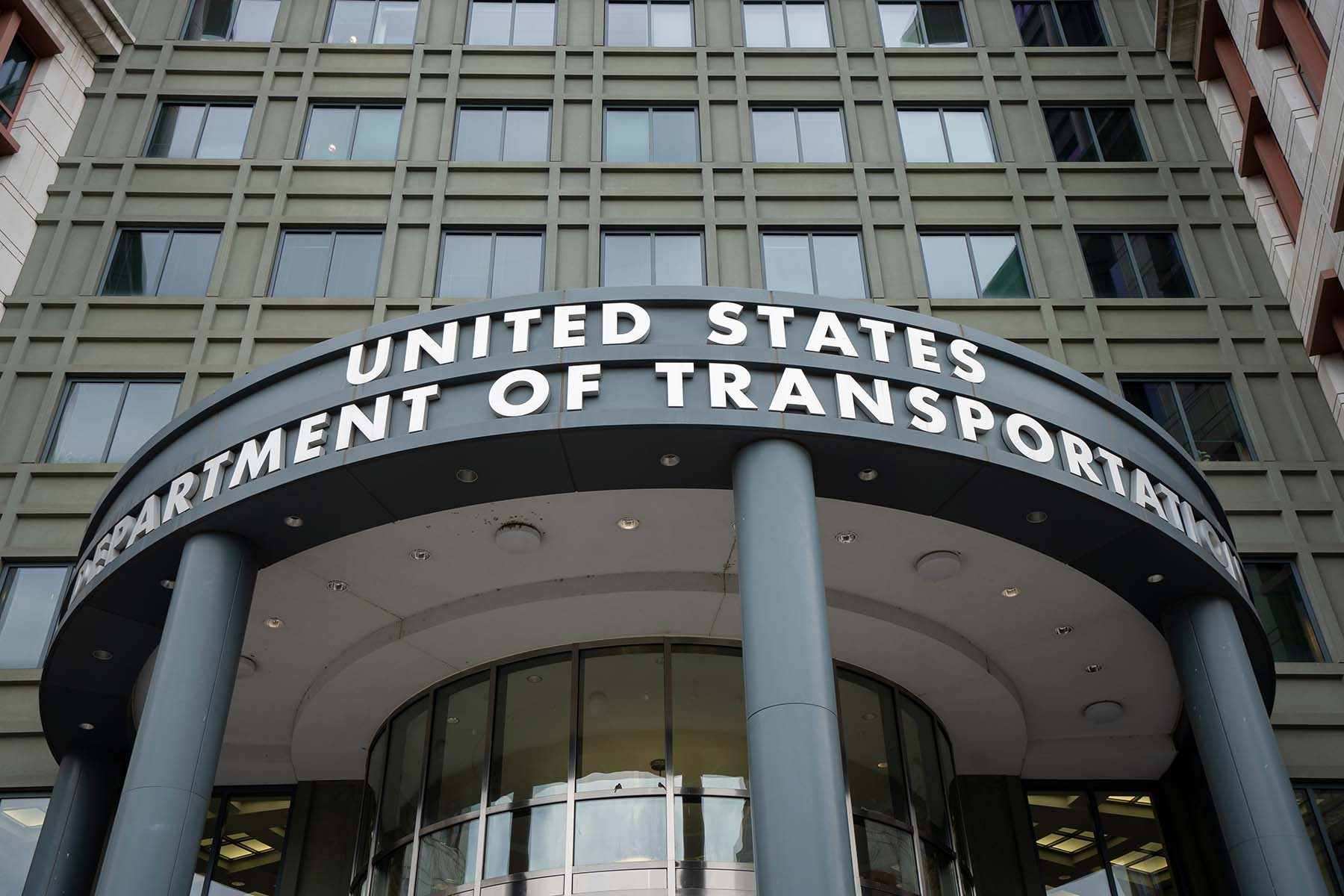Gen Z Gives Surprising Boost to Some Hotels

Skift Take
Generation Z is defying stereotypes – and they're spending on hotels.
"We can feel that the generation is spending money," said Alastair Thomann, CEO of the Generator and Freehand hotel brands whose core demographic is guests ages 18 to 28.
"We've seen the requests coming into our reception change in recent years, as young customers want local recommendations for fine dining, which was something we hardly ever saw before," Thomann said.
Last year, Generator and Freehand hotels saw a 15% revenue jump. This year, bookings are growing at a pace of over 40% in Amsterdam, Miami, Barcelona, Madrid, and New York. The company credited much of that growth to resilience in spending by Gen Z, people born roughly between 1997 and 2012.
"There's a part of that generation that just weren't allowed to travel in their formative years because of the pandemic, so they've developed an appreciation for it and would rather cut other budgetary items first," Thomann said.

Other hotel companies have noticed Gen Z's spending power, too.
"We are focusing on creating experiences that appeal to Gen Z, including innovative design, social media engagement, and sustainability practices," said Martine Gerow, chief financial officer of the French hospitality giant Accor, during an earnings call last month. "This is crucial as this generation is becoming a significant part of our customer base."
It's all relative
Hoteliers aren't saying that Gen Z has found some hidden pockets of savings or that they're spending at the same levels as, say, Baby Boomers.
Instead, hoteliers are seeing many members of Gen Z be willing to trim spending elsewhere in their lives to preserve their travel budgets. More than half said they preferred to cut dining out, shopping, and coffee over cutting trips, according to an April survey of hundreds of youth in 10 Asian Pacific countries.
Many people are emotionally invested in the notion that Gen Z is particularly downtrodden. But by some measures, they are financially better off than Millennials. Youth unemployment in the world's seven most well-off countries is about 13%, the lowest since 1991, according to the Organization for Economic Co-operation and Development.
It's conventional wisdom in the U.S. that today's youth are universally burdened by student debt, with an assumption that Gen Z is limited in its ability to spend on travel.
Yet some statistics suggest a more nuanced picture. The Biden Administration has canceled at least $870 billion of student debt. Perhaps not coincidentally, Americans under 25 spent only 43% of their post-tax income on housing and education, including interest on debt from college, in 2022 — below the average for people in that cohort since 1989. Yet, of course, speaking of averages doesn't capture the hardships that some individuals face.
Hoteliers are noticing that they can command a greater share of youth budgets than they might have in the past. Again, it's all relative.
"In 2019, we saw more people going to a 7-Eleven and then trying to bring a drink inside our hotels," Thomann said. "It's very different now. Guests are spending on our food and beverage much more. Inflation has forced us to push up our prices, but we've been able to pass it along."





